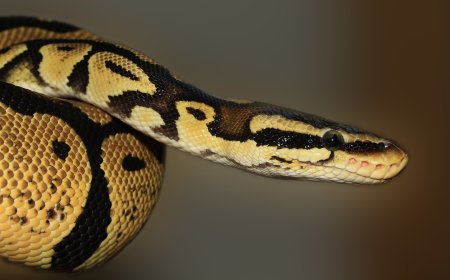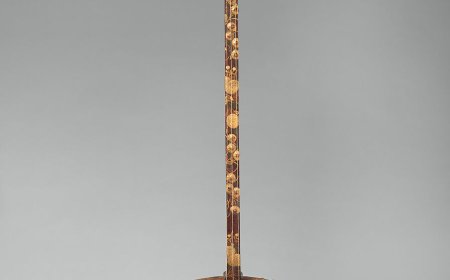What Is the Nucleus? The Brain of the Cell for Kids
Learn what the nucleus does and why it's called the brain of the cell. Discover how it stores DNA and controls cell activities in this kid-friendly guide.
🧠 What Is the Nucleus?
🧬 Introduction: The Cell's Control Center
Inside every animal and plant cell is a very important part called the nucleus. It’s often called the "brain of the cell" because it controls everything the cell does!
The nucleus tells the cell when to grow, divide, and make proteins. It also keeps the cell’s most important information safe: DNA, which is like the cell’s instruction book.
🧠 What Does the Nucleus Do?
The nucleus is in charge of all the cell’s activities. It helps the cell:
- Grow and repair itself
- Make new cells (when it divides)
- Produce proteins (which the cell needs to function)
- Store DNA, which has instructions for everything the cell does
Inside the nucleus is a special area called the nucleolus, which helps make ribosomes—tiny parts that build proteins.
🧱 What Is the Nucleus Made Of?
The nucleus has a few key parts:
- Nuclear envelope – a thin wall that surrounds and protects the nucleus
- Nuclear pores – tiny holes that let messages go in and out
- Chromatin – strands of DNA (your genetic code!)
- Nucleolus – makes ribosomes
It floats in the cell’s cytoplasm, but it has its own protective membrane to keep the DNA safe.
🧫 Where Can You Find a Nucleus?
Almost all eukaryotic cells (cells with a nucleus) have one. That includes cells in:
- Animals
- Plants
- Fungi
- Protists
But did you know? Some cells, like red blood cells, don’t have a nucleus at all when they’re fully grown!
🧒 Kid-Friendly Summary
The nucleus is like the control center or brain of the cell. It tells the cell what to do and stores DNA, which has all the instructions the cell needs to live and grow. Without the nucleus, the cell wouldn’t know how to function!
🌟 Interesting Facts About the Nucleus
- The nucleus was first discovered in 1831 by scientist Robert Brown.
- The word “nucleus” mea





















































